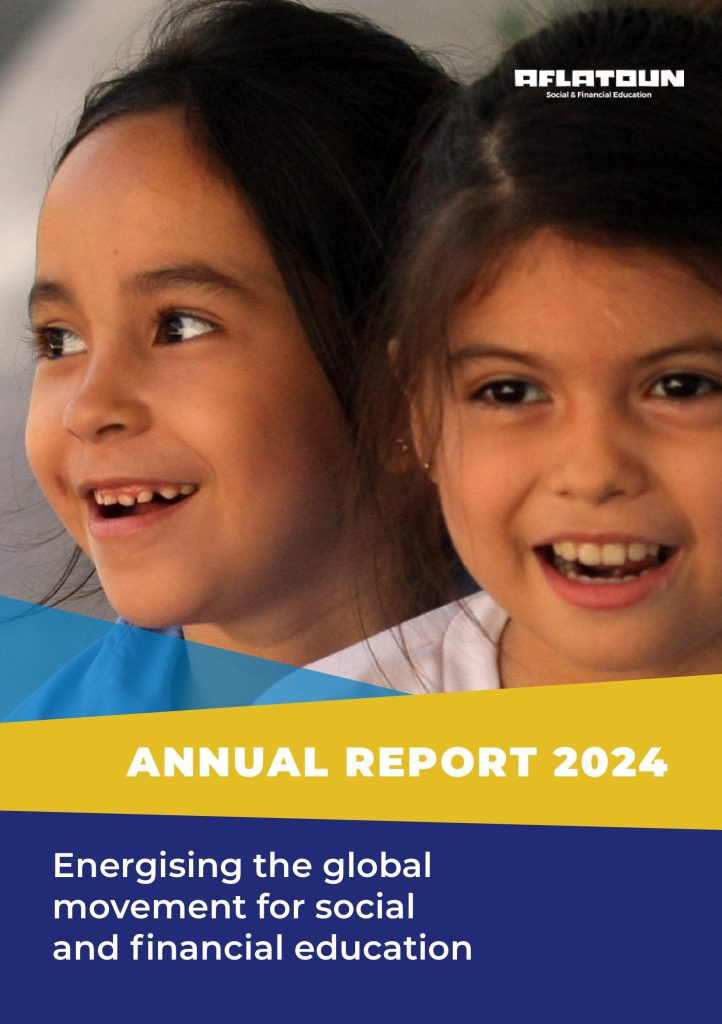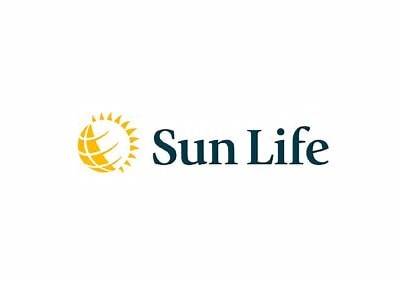Near East Foundation (NEF) is a New York-based private non-profit development agency with projects running in Middle East and Africa. NEF helps to build more sustainable, prosperous and inclusive communities in the Middle East and Africa through education, community organising and economic development. Their main focus areas are: 1) Peace building through economic cooperating and Development 2) Women’s microenterprise development 3) Agriculture and natural resources management 4) Youth civic engagement.
Aflateen Programme
NEF became an Aflatoun partner in 2015. They are working with the Aflateen programme in Jordan in Zarqa and Russaifeh where there is a high influx of Syrian and Iraqi refugees. The Aflateen programme is implemented in non-formal settings with refugees from Syria and Iraq who are mostly out of school, working or subject to early marriage. A training of trainers has been conducted in 2016 to launch the project through the local office of NEF in Jordan.
NEF has trained 421 adolescents (51% males and 49% females) at 16 financial literacy sessions using the Aflateen manual as part of ‘Reducing Vulnerability of Iraqis refugees, Jordanians and other Vulnerable Groups project’. The total adolescent number to be trained is 560. NEF will continue to train the remaining number. Trainees were comprised of 149 Iraqis, 191 Jordanians, 69 Syrians, and 12 Palestinians. All training sessions were conducted by the core team of trainers trained on the Aflateen manual.
The NEF project team tailored the financial literacy training sessions to achieve the following objectives:
1.Support for the self-development of adolescents by providing them with the conceptual frameworks and methodology related to financial management skills.
2.Contributing to social interaction and inclusion between Jordanian and both Iraqi and Syrian refugees, and promoting mutual respect between them.
3.Exploring the current culture and best practices related to financial management issues between adolescent groups, with reflection on the refugees’ status in light of such issues.












